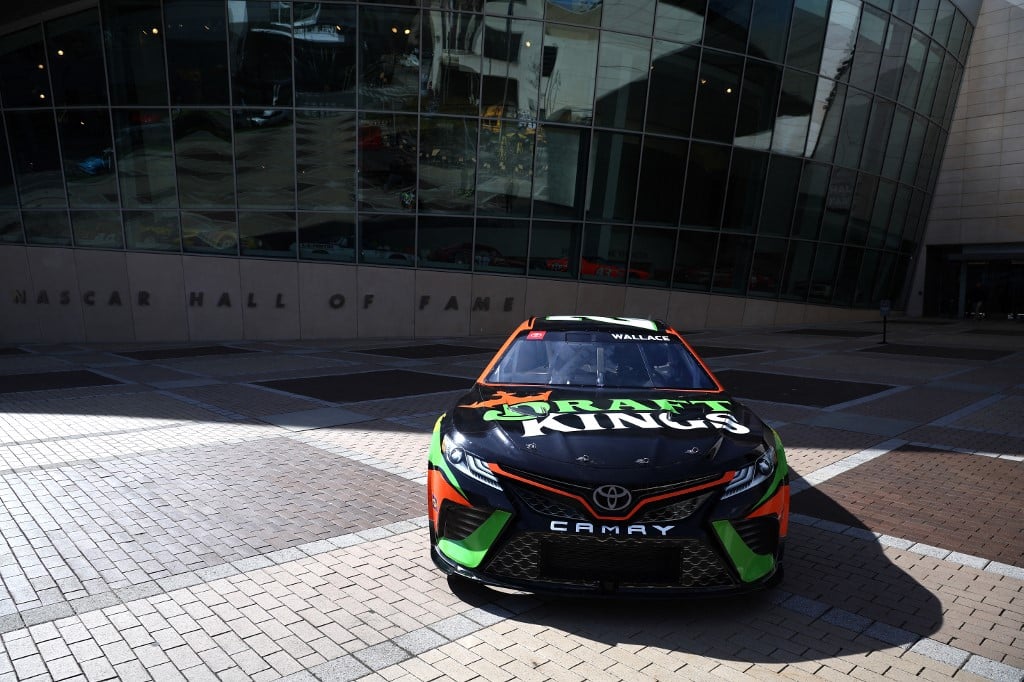
According to a recent study commissioned by the American Gaming Association, advertising spending dropped precipitously in 2023, falling 21% from the previous year.
Tightening Budgets
The conventional wisdom for capturing mobile sports betting consumers was to blitz all mediums with advertising to gain access to early adopters who will often remain exclusively with the first mobile sportsbook they choose.
Although it is true that some of the more savvy bettors will sign up at multiple platforms for the ability to compare odds, most recreational bettors are content to remain with only one. Therefore, the competition to repetitively reach as many potential users has been a blueprint for most of the online sportsbooks operating today.
Betting on Budgets
However, pressure from investors to turn a profit and raise stock prices has forced those competing in the sports betting industry to tighten their belts and decrease their advertising budgets. The American Gaming Association (AGA) commissioned a Nielsen study to explore how much companies are spending on advertising, which revealed surprising data.
According to the study, sportsbooks have decreased advertising expenditures by 21% in 2023 to $1.1 billion. Although this is a meteoric rise compared to the relatively paltry $22.9 million spent shortly after PASPA was overturned in the United States, lifting a federal ban on retail and mobile sports betting, it should also be noted that few states had passed sports betting legislation at that time.
Shrinking Advertising Part of the Plan
Many state legislators have been outspoken against the swarm of sports betting marketing, particularly TV ads, that blanket all sectors including those who are underage. Moreover, some have even called for laws curtailing the frequency of those ads and where they can be shown.
However, the innate forces of capitalism will often naturally do what legislation intends by controlling how companies advertise and the amount of money they will spend to get their desired results. Maturing markets will deliver diminishing returns on investment, which will trigger the kind of advertising reduction witnessed last year.
Cutting the Cord
That strategy was revealed in 2022 by Caesars CEO, Tom Reeg, who openly talked about a market correction in advertising budgets:
“So, what you’re going to see from us as we move forward is you’re going to see us moving toward profitability. You are going to see us dramatically curtail our traditional media spend effective immediately. We have accomplished what we set out to do,” Reeg stated.
“You’re going to see our commercials largely disappear from your screens,” he added.
Lawful Limits
Nevertheless, Representative Paul Tonko of New York has stated he will be introducing the SAFE Bet Act, which would limit how online sports betting companies in the U.S. advertise and market to their consumer base. The main tenets of the law would be the following:
- Ban sportsbook advertising during live sporting events.
- Ban language from sportsbook advertisements promoting “bonus” or “no sweat” bets.
- Prohibit sportsbooks from accepting credit cards from customers seeking to make deposits.
- Require sportsbooks to accept no more than five deposits from a single customer within a 24-hour period.
- Prohibit gambling operators from using artificial intelligence to track a player’s gambling habits or to use AI to create customer-specific prop bets.
Tonko characterized sportsbooks’ advertising tactics as “predatory” and targeted “to hook and retain a new generation of consumers.”
“Just as in the tobacco industry when it was determined that that industry was posing a public health situation, we have now displaced Joe Camel with celebrity spokespeople and, yes, free product (wagers),” Tonko said.







